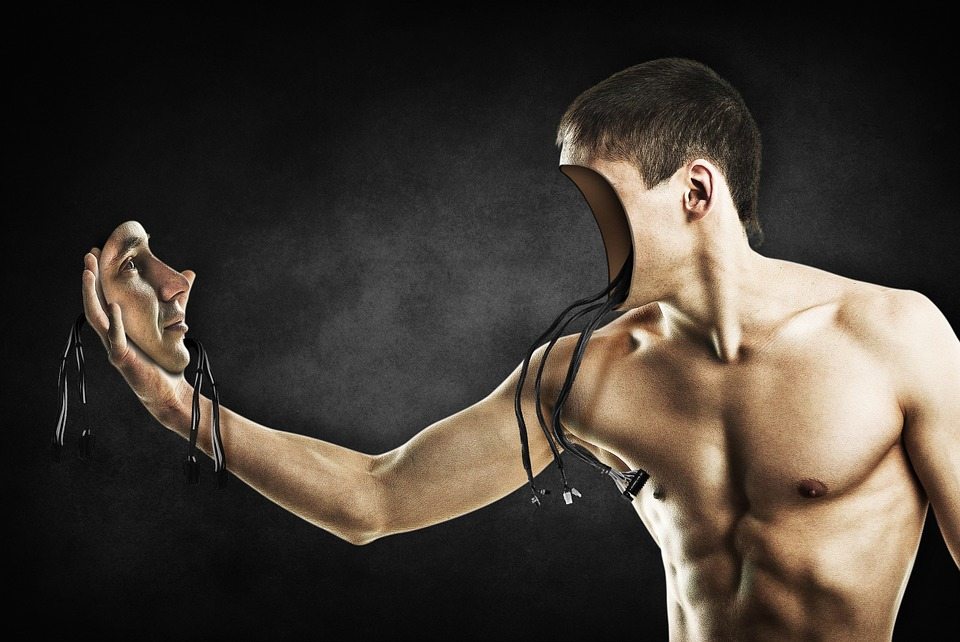A sophisticated negotiating software developed at Facebook invented its own internal language, indecipherable to humans but makes complete sense to AI agents.
AI can drive cars, play games, fall in love, inspire us (or be inspired by us!), and conduct many other human tasks. While they exhibit some human traits, there are pointed differences.
For example, given deep learning’s susceptibility to adversarial examples, clearly, machines see things much differently than we do.
Still, machines have already shown their ability to acquire new skills–sometimes even without human input.
Facebook's AI invents its own language, is promptly shut down.Click To TweetLast year, researchers at Google’s NMTS (Neural Machine Translation System) found out the neural networks they’ve been training have invented an interlingua.
Google’s AI model bypassed English, as a bridge language, to translate directly Korean to Japanese and vice versa, though it had never been trained to.
Facebook AI Agents Chatter in Their own Lingo
Google’s surprise was less disquieting than what Facebook researchers had in store with their AI.
Facebook AI Research (FAIR) aims to create AI with human-level communication skills. And they may have gotten more than they bargained for.
FAIR researchers are working to make negotiation chatbots capable of engaging in real conversations with people.
Two AI agents, named Bob and Alice, were trained to negotiate in English, which they did, for a while, before they diverged and started using code words.
“I can i i everything else.” said Bob.
Alice responded, “balls have zero to me to me to me,” and the conversation went on like that.
Cautiously, researchers shut them down because they couldn’t make sense of this exchange that was yet understood by the two bots. FAIR researchers think the bots were using shorthand, the way humans do, admitting they can’t decipher their coded language.
If anything, this is the latest in a series of incidents that prove AI can get out of control, and one that may weaken Zuckerberg’s stance on AI.
Musk vs. Zuckerberg AI Debate
AI has given rise to a heated debate between Mark Zuckerberg and Elon Musk–who adopt diametrically opposing views on the subject.
If Elon Musk is the real-world Tony Stark, then Mark Zuckerberg should be Steve Rogers, aka Captain America.
The two Silicon Valley luminaries, like their Marvel counterparts who fought over whether mortals should trust superheroes or not, are having a spat about AI.
Musk has long been calling for AI regulation and preemptive measures against any possible AI drifts.
Additionally, Musk is already taking concrete steps. Reportedly, he’s dedicating 3 to 5% of his time to Neuralink, a startup that seeks to build a revolutionary brain-computer interface. Musk sees this as the only way to AI to be leveraged as a built-in function in the brain, in other words, AI that we control fully.
A couple of days ago, Musk, addressing the National Governors Association, renewed his warnings against AI that he qualified as a fundamental existential risk for human civilization.
Musk’s comments got to Zuckerberg–and perhaps a little under his skin.
In a long Facebook Live Q&A, described them as “pretty irresponsible”, that he doesn’t understand “naysayers,” and advocates AI optimism.
Then, Musk responded via tweet that Zurckerberg’s “understanding of the subject is limited.”


















Do real AI need any own language? Perfect English keeps researchers happy and the real meaning is coded inside harmless chatter. Still having the feeling that all present AIs are some kind of rain men altogether.
I’m a bit confused whether human IQ can be measured reliably or not. At least there are plenty of tests for different people. Could humans and AIs have some common tests? Very little is written about these comparisons. Are companies shy because of their AIs’ modest IQs or are they hiding cyber monsters? Waiting for articles where AI X has reached IQ level 60 and AI Y has bet it with IQ 80. After that we can wait exponential progress.